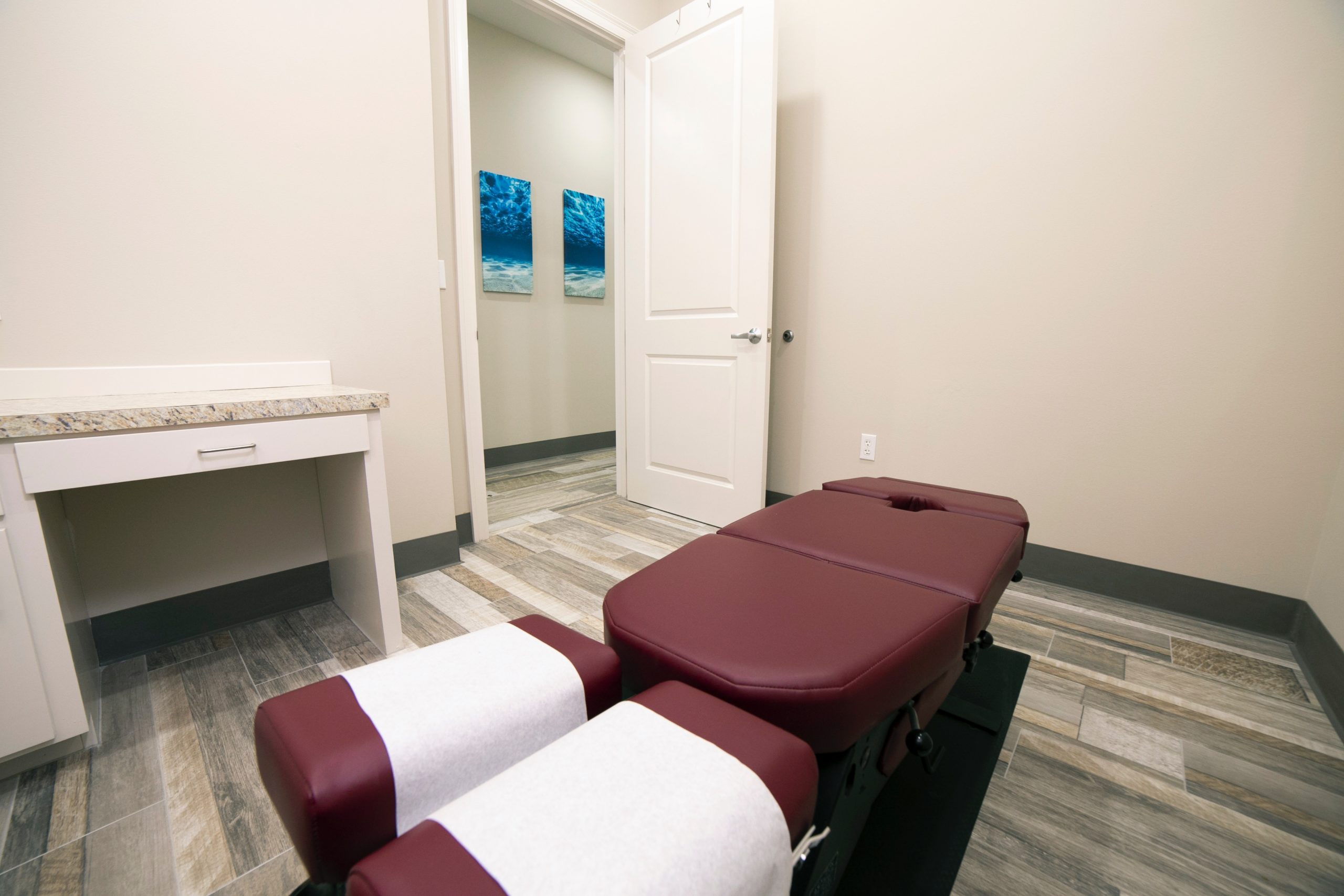In a decision issued today, the Washington Supreme Court ruled that survivors of childhood sexual abuse may still seek justice…
IME For My Personal Injury Lawsuit – What’s The Purpose And Do I Need To Go?

Do I need to go to an IME for my personal injury lawsuit?
You filed a lawsuit for your personal injury and now your attorney is asking when you’re available for an IME or independent medical examination. A natural first instinct is to question why you need to be examined by a doctor who does not know you or your medical history. Medical examinations are inherently personal and can be a bit intrusive. It’s reasonable for someone to have concerns about divulging their medical information to someone whom they are unfamiliar, so why is this happening?
In almost every personal injury case, the plaintiff puts their mental or physical condition “in controversy.” For instance, if you were involved in a motor vehicle collision, suffered a neck strain, and were suing the at-fault driver for compensation – you are the plaintiff and the at-fault driver is the defendant. The defendant, who has an interest in reducing their liability, hires an attorney to question: (a) whether you are in fact injured with a neck strain, (b) whether your neck injury was caused by the collision, (c) whether you had neck issues prior to the collision, and (d) whether the treatment received for your injury was reasonable and necessary. Thus, by seeking compensation for a neck strain, you have put your mental or physical condition “in controversy.”
This leads us to Washington Civil Rule 35.
CR 35 provides that, “When the mental or physical condition (…) of a party (…) is in controversy, the court in which the action is pending may order the party to submit to a physical examination by a physician.”
You may ask yourself, if the court has not ordered an independent medical examination then why is my attorney scheduling one? An IME is a routine step in the personal injury litigation process. Your attorney is most likely being proactive on your behalf knowing that the court will order the examination if the defendant asks, so it would do more harm than good to fight it. That said, there are instances when an IME is not appropriate or there is an issue with the scope of the IME. In that case, you should talk to your attorney about your options.
What should I expect during my Independent Medical Exam?
Assuming you are submitting to an IME requested by the defense, you should expect to be examined by a physician hired by the defendant. In most cases, the physician will have reviewed the information provided by the defendant before the examination. Such information often includes medical records (from before and after the incident), photographs, police reports, the complaint, and any other information that might be relevant to your medical condition.
How the examination is performed varies from physician to physician. Generally, the examination will involve two things: an interview and a physical examination. During the interview, the physician will ask you about your current and past complaints of pain, medical history, treatment and the progress of your symptoms. Then the physician will perform a series of tests. These tests often include the physician measuring your range of motion, testing your reflexes, and asking you to perform various physical maneuvers. Depending on the physician and your injuries, you should expect the examination to take anywhere from one to three hours or possibly more.
After the examination, the physician will author a report. Reports usually include a narrative of what was done during the examination, a summary of the findings, and answers to questions posed by the defendant. In most cases, the defendant will ask the physician to identify what injuries the plaintiff sustained in the collision; what injuries the plaintiff had prior to the collision; whether any pre-existing injuries were exacerbated by the collision; whether the treatment was reasonable and necessary; and the current state of the plaintiff’s injuries.
Is the conclusion of the IME the final say?
Absolutely not. For an IME requested by the defense, the defendant will have hired and paid for the physician’s time. These physicians are often hired almost exclusively by defense attorneys and tend to frame their conclusions in the light most favorable to the defendant. Your attorney can counter the IME by hiring their own expert to review your medical records, perform an examination, and author their own report. Furthermore, an experienced plaintiff’s attorney can attack the defense expert’s conclusions by exposing flaws in their tests, highlighting their bias, and questioning their credentials.
Personal injury litigation can be an invasive and uncomfortable experience, and an IME is no exception. The experienced trial attorneys of Washington Law Center can help! Contact us today to ensure you are properly informed and prepared for your lawsuit.




